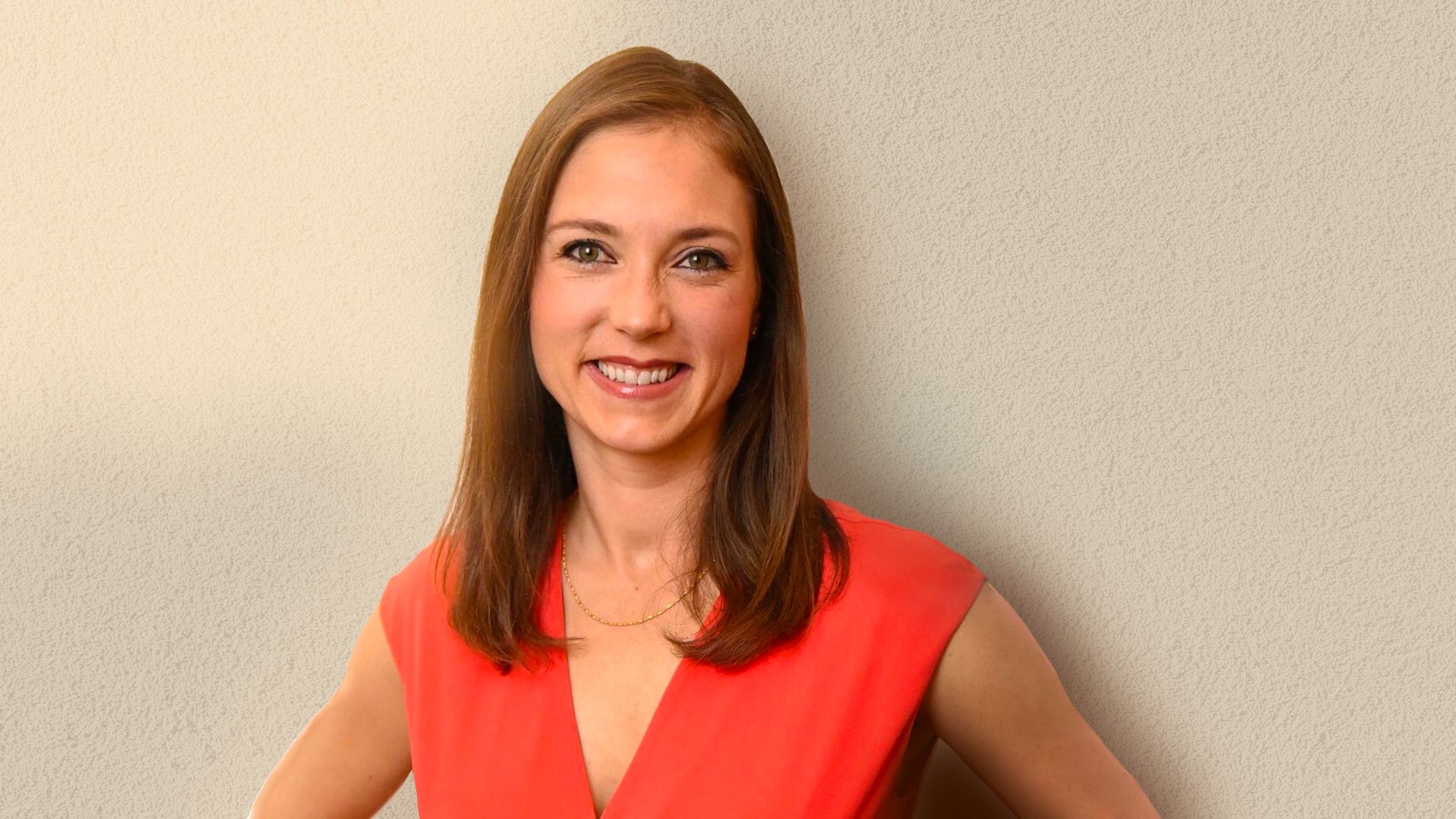Paving the Path to Wider Financial Inclusion
Takeaways from the illustrious career of Valerie Wagoner - our Chief Growth Officer for GoPay.

By Pamela Chan
It was on a trip to Brazil when she was sixteen years old that our Chief Growth Officer for GoPay, Valerie Wagoner, had her first glimpse of the world of emerging markets. This watershed moment would shape the trajectory of her career: “From here, I was set on building things that would positively impact people’s incomes and livelihoods,” she recounts.
At Stanford University, Valerie married this mission with the fields of economics, public policy, and sociology. It was especially through her thesis research on microfinance that she solidified her belief in the importance of inclusive financial services and gained marketable skills to put this into action. She posits: “Just by redesigning the business model in which these essential services are delivered, you can make them more accessible to so many more people to improve their own lives.”
Valerie wasn’t just one to talk the talk. After a few years doing product management at tech companies in the Silicon Valley, she dove straight into the Indian tech ecosystem in 2008. Setting up base in Bangalore, she reveled at the prospect of utilising the then surge in mobile phone adoption for her mission of wider financial inclusion.
In early 2008, she joined forces with mChek — a mobile solutions payment startup whose mission aligned with her own. While the company didn’t end up succeeding in India, Valerie gained invaluable insight from being hands-on with its customers and partners. She eventually started her own company: a mobile marketing and analytics platform for emerging markets called ZipDial. It was acquired by Twitter just six years later, prompting her move back to San Francisco to oversee Twitter's Consumer Growth.
Now, as our CGO for GoPay, Valerie acts as the primary business leader and P&L owner of consumer payments.
Differences to consider between startups and big companies
As someone who’s worked deep in the trenches of both startups and more established companies, Valerie expounds one fundamental aspect that matters across the board: the importance of really understanding and listening to your customers. This may be easier to do when there aren’t many people around. “In a startup, when you’re doing everything, you’re inevitably close to your customer. As the company gets larger, you have to try a little harder, but the fundamental principle of staying close to your customers and understanding their needs still remains.”
In terms of differences, bigger companies come with unique tools to solve problems and achieve goals, especially in the form of strategic partnerships. “As a small startup, getting the attention of and establishing credibility with strategic partners is more difficult. But, when you’re at a big company that already has scale and clout, you can bring to bear a new set of strategic tools around meaningful partnerships,” Valerie explains. An intentional aspect of ZipDial’s product roadmap was partnering with the likes of Facebook and Twitter, but these relationships took years to cultivate. It was while she was leading International at Credit Karma that she experienced the power of partner-led innovation that comes much easier to companies at larger scale.
Don’t underestimate the power of perspective
“I used to get super frustrated dealing with internal stakeholder management at Twitter in the early days,” Valerie says; typically, bigger companies have more barriers to jump over, hampering quick decisions and developments.
It wasn’t until she shifted her perspective of this task did she find peace, relating stakeholder management to the idea of fundraising at a startup. “The same time is necessary, it just takes a bit of a different format. You’re still proving that you’re worthy of resources, aligning people around your strategy and vision.”
Human beings & organisations need a lot of the same things
Throughout her career, a common thread Valerie has found is that fundamentally, humans and organisations have very common needs:
- A super clear mission & strategy
- A deep understanding of what the levers are to grow your product/company/mission, and ensuring everyone on your team is thoroughly educated on these levers
- Capital allocation across the different bets you’re making
- A sharp focus to avoid spreading yourself too thin by taking on too many things
“When you talk about leading and developing people, all this is true regardless of scale,” she says. The most important question to ask yourself as a people manager: How can I make this my team members’ best job of their life? This is achieved based on two core questions: 1) Is my team equipped to make the impact they aspire to make, and how can I remove any barriers from bureaucracy, indecision, or ambiguity? 2) How are they learning and growing as people?
Practical tips to prevent burn out (from someone who has a LOT on her plate)
If you couldn’t already tell, Valerie only works on things she’s genuinely passionate about. “I don’t bother spending time doing work that I don’t really, really love. I’ve never really cracked the whole work-life balance concept in a traditional sense because everything bleeds together for me.”
She also stresses the importance of having small, meaningful wins across the board to keep yourself and your team motivated, “Get rid of the red tape. Make sure there’s no ambiguity, that the strategy is clear, and that everyone knows how their job aligns to the goal.”
At the end of the day, regardless of what your “passion” is in life, why not take a page out of Valerie’s book: remove the fluff, figure out what drives you personally, build a career around this passion, and see just how far that’ll take you.

For more stories like this, check out our blogs.
To view open job positions, click below:
